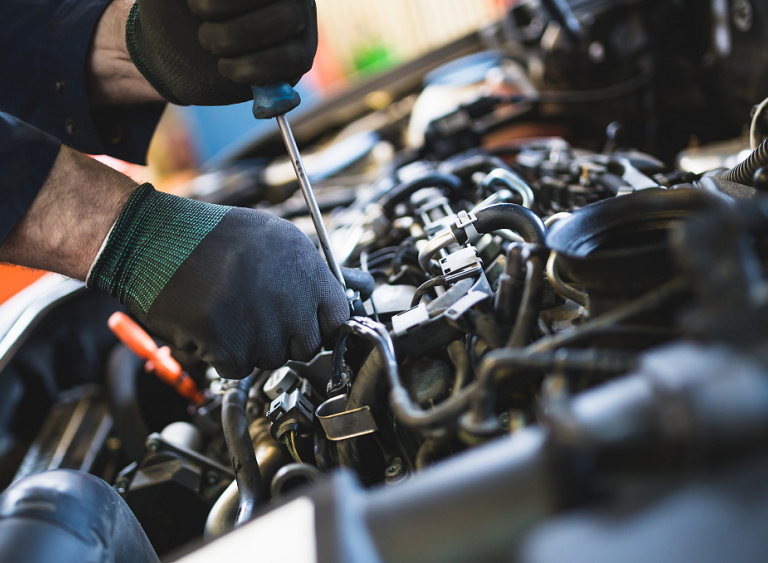What You Should Know About Your First Car Insurance Policy

You know how car insurance works , but you may not know how to buy it or even what to buy. After all, this is your first car insurance policy and while it’s very exciting to have a new (or new to you) car for which you will need to purchase that policy, you will not be able to legally operate that vehicle on public roads without one.
So let your good friends at Insurance Doctor walk you through the basics that you must know before you start searching for the right car insurance policy for you.
Choosing the Right Coverage
This can get a lot more confusing than you might anticipate in a very short period of time. That’s because you have a wide variety of coverage options to choose from as well as the many limitations, and restrictions that come with each.
The thing to keep in mind is that you should only buy the coverage you need for the car you drive and the driving habits that you exhibit. If you drive only sporadically you won’t require a policy for someone who drives their vehicle seven days a week. However, you also don’t want to be underinsured either nor do you want to pay high premiums if you don’t need to.
Those higher premiums are typically reserved for drivers with spotty driving records marred by speeding tickets and moving violations. If your driving record is perfect you should be able to enjoy a much lower premium.
So, before you start to shop around for your first policy, here’s what you need to know:
Liability Coverage
Every policy is built upon two basic types of coverage. Each one is designed to protect you and protect others with whom you share the road in the event you get into an accident. As to the party at fault in the accident, that will ultimately be decided between the insurance companies, yours and the other party’s.
All of this is why every state in the country requires that you hold some level of liability coverage. This is the part of your policy that covers any accident in which you are found to be responsible and it pays all costs incurred by other parties for injuries or damage caused by you.
For example, let’s say you crashed into another driver on the highway or smashed into a brick wall in the front of someone’s home. Liability coverage will pay for all expenses related to repairs or medical costs incurred by the other party to the extent of the limits set forth in your policy.
A word about policy limits: you will decide how much you want your policy to cover with respect to costs that are paid out. If you choose a lower limit for those costs, your premiums will be lower but you could end up paying the rest of the costs from the accident out of your own pocket. If you choose a higher limit, your premiums will be more, but again, that could be cheaper than paying for medical bills and repairs that go beyond the limits of your coverage out of your own pocket.
Liability coverage DOES NOT pay for any of the costs to repair your vehicle or pay for any medical bills that you incur from the accident that you caused. This part of your policy only pays out to other parties for their damage and/or injuries.
Collision and Comprehensive Coverage
This is the part of your policy intended to cover your costs in case of an accident. So, let’s go back to that example from above where you crashed into another driver on the highway or bashed through that brick wall on someone’s property. Liability covers their costs while collision and comprehensive has got you covered so your vehicle can get back on the road and your injuries, if any, are cared for.
So while it matters whether or not you are at fault for an accident, your insurance policy ensures that all of the expenses related to the accident are paid off without you reaching for your wallet to deal with these matters (again, as long as your policy limits allow for these expenditures to be covered).
One thing to keep in mind here is that your own expenses will be covered as long as the resulting damage is included in the perils that are outlined in your policy. These are usually things like a car accident, a fire, inclement weather, and others that are all explained in the fine print. What we’re saying is that you must always read the fine print before you buy that coverage. So, you know you’re covered.

















+ There are no comments
Add yours